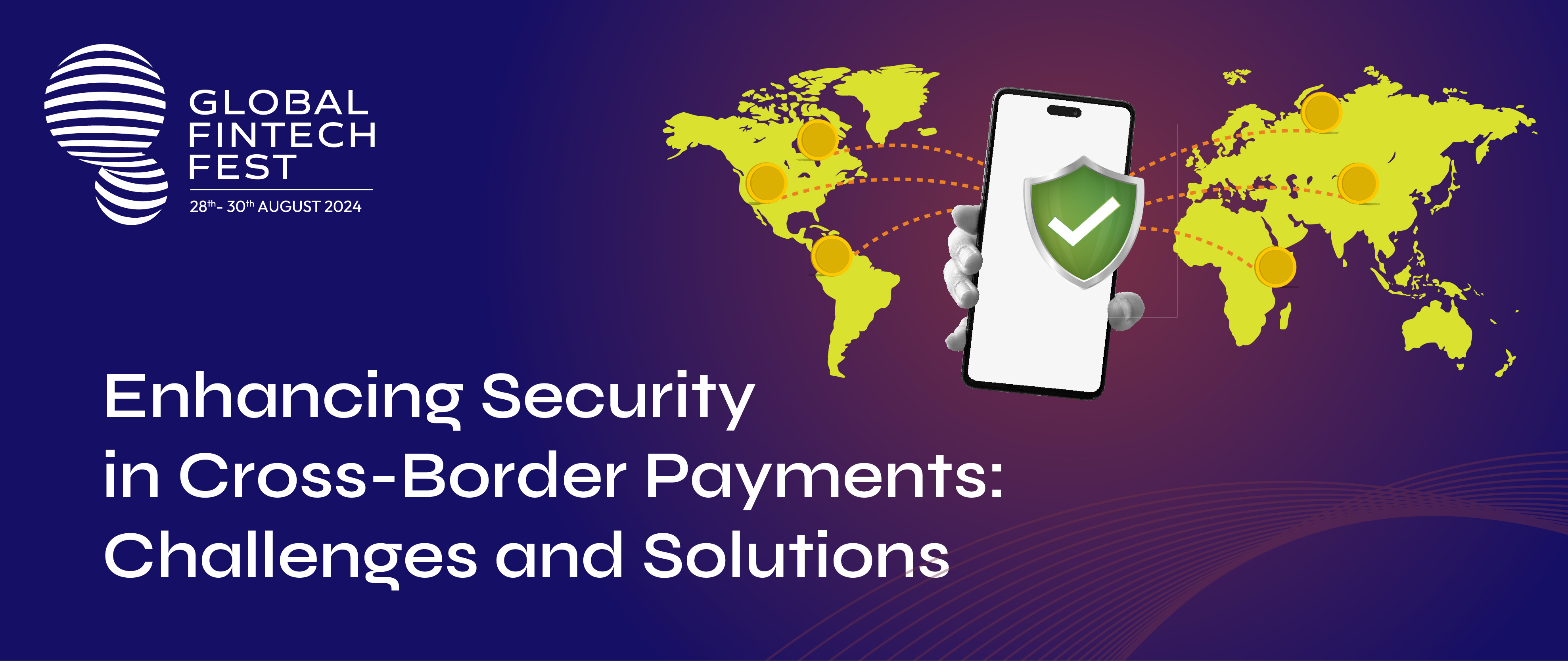
- May 09 2025
Enhancing Security in Cross-Border Payments: Challenges and Solutions
Cross-border payments are vital for trade, remittances, and investments, especially in India, where there is a growing demand for international transactions. This includes enabling citizens to pay for goods and services abroad and supporting inward remittances from the Indian expatriate community. As the volume and complexity of these transactions increases, so does the need to ensure these payments are secure.
The most pressing concerns
Robust security measures are crucial to safeguard cross-border transactions from:
- Cyber threats and fraud: Criminals increasingly target international transactions, exploiting payment network vulnerabilities to steal funds or access sensitive information. The global nature of these online transactions complicates tracking and mitigating threats.
- Regulatory non-compliance: Financial institutions must navigate complex regulations across jurisdictions, with specific requirements for transaction monitoring, reporting, and data protection. Non-compliance can lead to hefty fines and legal consequences.
- Data privacy concerns: Cross-border payments involve transferring personal and financial data internationally, raising concerns about data storage, sharing, and protection.
Existing security measures in the banking system
Security protocols and regular audits protect data during transmission and storage, ensuring secure payments:
- Encryption and secure communication channels like TLS and SSL safeguard sensitive information by preventing unauthorized access.
- Technologies like AI and biometrics enable real-time fraud detection. AI analyzes transaction data to detect fraud, while biometrics, including facial and fingerprint recognition, provide user-friendly authentication methods.
- Regulations like GDPR safeguard data storage, transmission, and privacy.
While these measures exist, it is crucial to leverage them as a foundation to innovate. Organizations like Revolut Group Holdings Ltd., a global neobank and fintech company, and J. P. Morgan Chase & Co., a multinational investment banking firm, have set notable examples.
Many fintech firms in India are addressing international payment challenges by offering end-to-end digital solutions with real-time transaction visibility and a robust identity verification system. These challenges are mitigated by leveraging advanced technologies like treasury management systems, ensuring real time competitive conversion rates making cross border transactions more accessible.
The takeaway
Trends driving secure payments and foreign currency exchange highlight innovative technologies as keys to enhance transaction transparency and threat detection. Financial institutions must proactively implement these innovations and invest in:
- AI-powered fraud detection
- Multi-factor authentication
- Real-time data analytics
Staying ahead of emerging threats and adopting preemptive measures can protect the integrity and reliability of cross-border payment systems.
Frequently Asked Questions
The Global Fintech Fest (GFF) is an annual fintech conference organized by the Payments Council of India (PCI), the National Payments Corporation of India (NPCI), and the Fintech Convergence Council (FCC). Started in 2020, GFF has emerged as the world's largest fintech conference and the leading thought leadership platform in the fintech landscape.
The Global Fintech Fest features participation from a wide range of sectors including Digital Banking and BFSI, Payments, Lending, Technology, AI, Fintech, Financial Services Providers, and many more.








